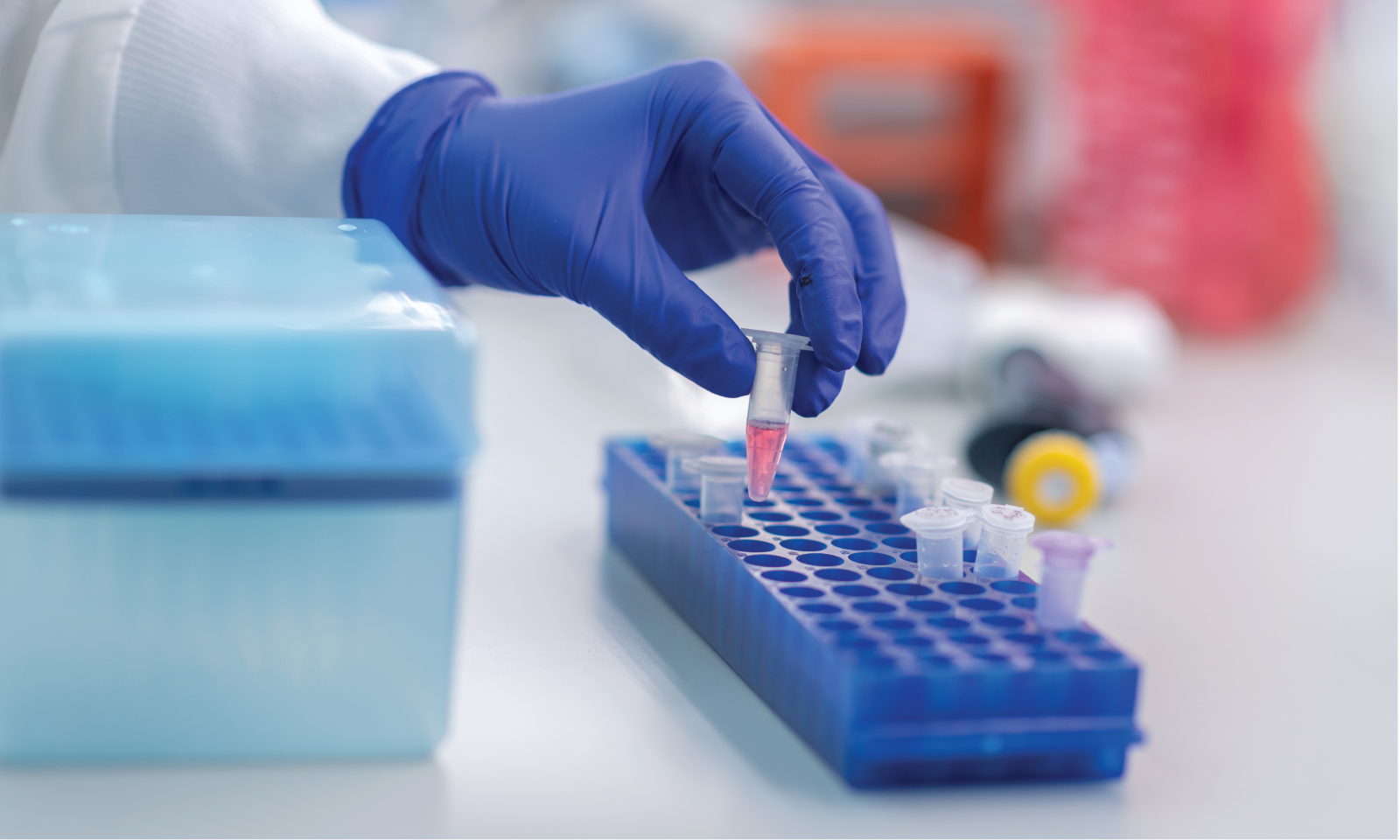How does cancer start, and can a tiny fish help cure it? What roles do random chance and metabolism play in health and disease? How have the past two years impacted K–12 education?
These are just a few of the questions our Public Lecture Series tackled in 2022. These free events bring together VAI scientists, educators and community members to explore the latest in groundbreaking research and impactful education initiatives.
If you missed them, not to worry! You can check them out below.
Assembly Instructions for Cancer
To find cures for cancer, we must understand the nuts and bolts of how the disease starts. VAI’s Dr. Evan Worden shares a look into cancer’s molecular roots and how his research is revealing the fundamental mechanisms cancer uses to hijack regulation of our genetic code.
At the Crossroads: Epigenetics and Chance in Health and Disease
Our health sits at the crossroads of many influences, from genetics and epigenetics to our environment and our diet. Believe it or not, luck or “chance” also works with these factors to influence our health — just like a roll of the dice. VAI’s Dr. J. Andrew Pospisilik highlights how luck can change our health and the health of future generations.
Back to School: How VAI is Helping Schools Reinvent Teaching and Learning for 2022 and Beyond
VAI Terra Tarango examines the impact of the last two years on K–12 schools in the U.S. and illustrates how VAI is helping public and private schools transform teaching and learning across the country.
From Fish to Dish: How a Little Fish Can Help Cure Cancer
Can a tiny fish frequently found in kids’ aquariums help us cure cancer? The answer might surprise you. VAI’s Dr. Stephanie Grainger explores how zebrafish help scientists better understand cancer and fuel new insights that one day could lead to powerful new treatments.
Food for Thought: You Are More Than What You Eat
When most of us hear the word “metabolism,” we immediately think of food. But metabolism is so much more than what we eat. VAI’s Dr. Sara Nowinski gives us a crash course in how metabolism fuels our day-to-day lives, how problems with metabolism can contribute to disease, and how there is more to mitochondria than what we learned in science class.
